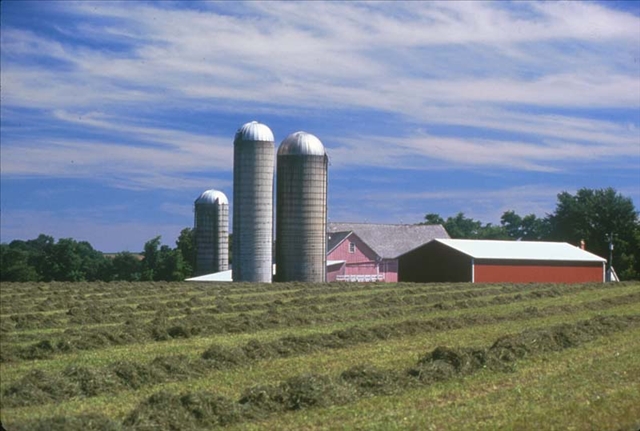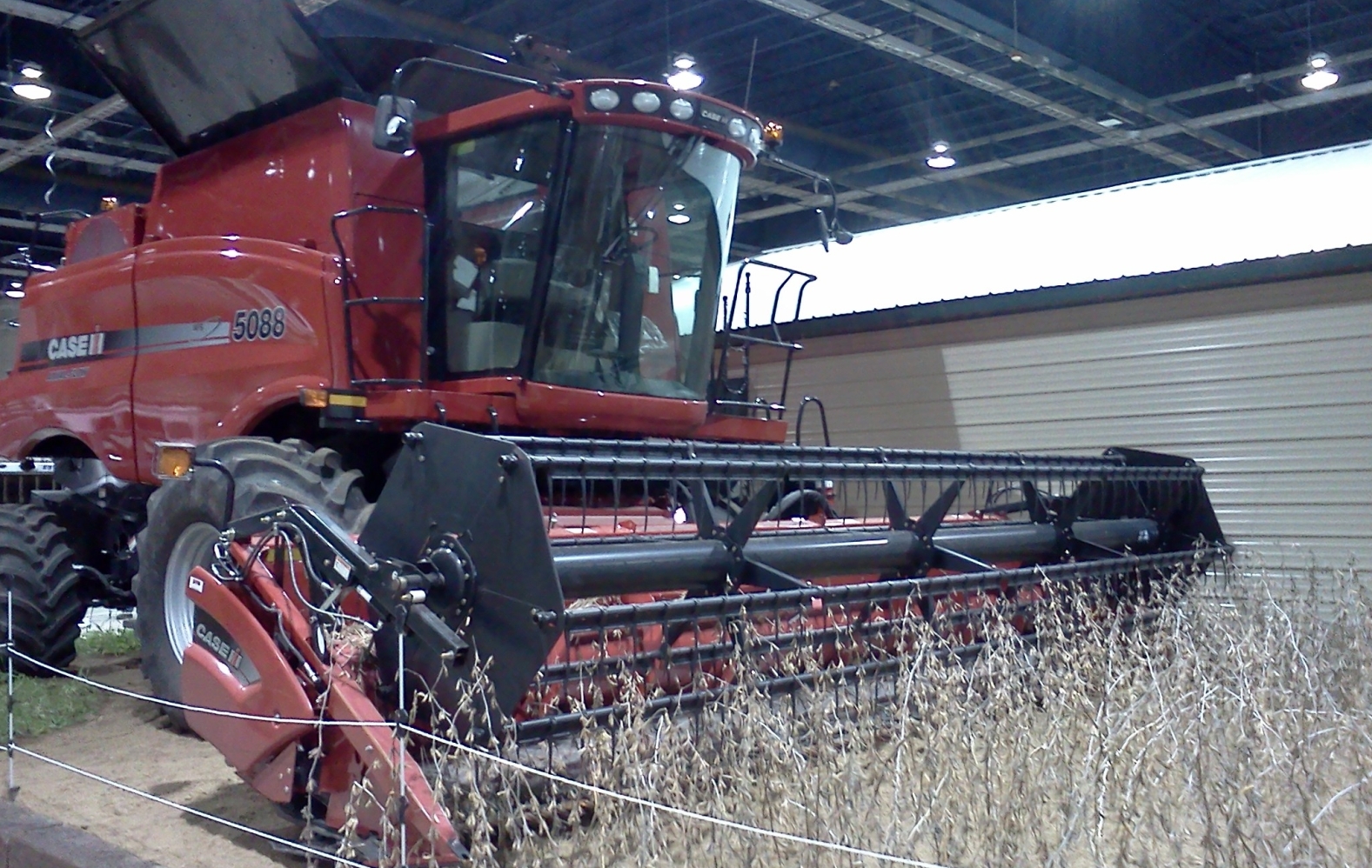There was bipartisan support in Congress for legislation to create free trade agreements that could benefit Pennsylvania agriculture. The bills awaiting the President’s signature would create agreements with South Korea, Colombia and Panama, eliminating tariffs and other barriers to trade.
Mark O’Neill, spokesman for the Pennsylvania Farm Bureau, says it’s estimated the agreements could increase Pennsylvania agriculture exports by nearly 55 million a year, while creating nearly 500 new jobs in the industry.
A variety of Pennsylvania farm products could benefit from free trade agreements, including dairy, beef, pork, fruits, vegetables, nuts and processed food products. O’Neill says the dairy industry could benefit to the tune of 5 million a year. He says there are new opportunities for farmers across the board.
O’Neill says after the year farmers have had with weather problems reducing yields and damaging crops, this could be some very good news. He says once everything is in place, farmers will have to look at their potential for marketing their products in these countries. He says some farmers already export their products to other countries.
O’Neill says the more opportunities farmers have to get their products out, it makes them more viable. He says it can also give them the opportunity to expand in the future. He calls the trade bills a very positive step.
O’Neill says the bills had broad support. He believes many recognized the need to make sure American farmers can continue to grow and prosper, and have opportunities to be competitive worldwide. He says that’s where the growing market is going to be in the future, getting products across the world.




